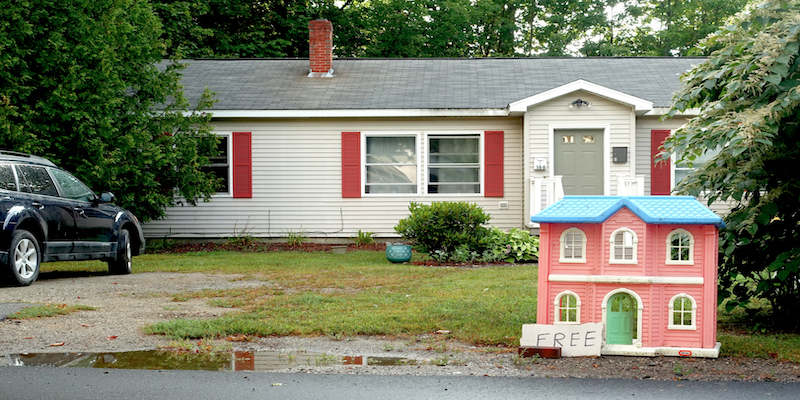When buying or selling a home, one important detail often overlooked is the timeline for the seller to move out after closing. Understanding this process is crucial for both buyers and sellers to ensure a smooth transition and avoid unnecessary stress. So, how long does the seller have to move out after closing? The answer depends on several factors, including the terms of the purchase agreement and local customs.

What Happens at Closing?
Closing is the final step in a real estate transaction where ownership of the property is officially transferred from the seller to the buyer. At this point, the buyer provides the necessary funds, and the seller hands over the keys. Typically, this process also involves signing a stack of legal documents and ensuring that all conditions of the sale have been met.
Once closing is complete, the buyer legally owns the property. However, this doesn’t always mean the seller vacates the home immediately.
Standard Practices
In many real estate transactions, the expectation is that the seller will move out before or on the day of closing. This allows the buyer to take possession of the property as soon as the transaction is finalized. However, there are exceptions where the seller may need extra time to move out.
Factors That Determine the Move-Out Timeline
1. Terms of the Purchase Agreement
The purchase agreement is the governing document for the sale, and it can include specific terms regarding the seller’s move-out date. In some cases, the agreement might state that the seller has a set number of days after closing to vacate the property. Buyers and sellers should negotiate these terms during the offer phase to avoid misunderstandings.
2. Post-Closing Occupancy Agreements
If the seller needs additional time to move out, they may negotiate a post-closing occupancy agreement, sometimes called a rent-back agreement. This agreement allows the seller to remain in the home for a specified period after closing, typically in exchange for a daily rental fee or other compensation to the buyer.
3. Local Customs
Local real estate customs can also influence how long the seller has to move out. In some areas, it’s customary for sellers to vacate the property before closing, while in others, a grace period of one to three days is common.
4. Special Circumstances
Life events such as job relocations, delayed construction on a new home, or unexpected emergencies can impact a seller’s ability to move out promptly. In these cases, clear communication and a mutually agreeable solution between the buyer and seller are essential.
Risks of Delayed Move-Out
If the seller remains in the property beyond the agreed-upon timeline without proper documentation, it can lead to legal disputes. Buyers may face delays in moving in, while sellers risk breaching the terms of the purchase agreement. To prevent these issues, both parties should formalize any post-closing occupancy arrangements in writing.
Tips for a Smooth Transition
- Plan Ahead: Sellers should begin packing and making moving arrangements as soon as the sale is underway to avoid last-minute delays.
- Communicate Clearly: Both parties should discuss move-out expectations early in the process to ensure everyone is on the same page.
- Include Specifics in the Contract: Clearly outline the move-out timeline in the purchase agreement to eliminate ambiguity.
- Work with Professionals: Real estate agents and attorneys can provide valuable guidance and help negotiate terms that work for both buyers and sellers.
Conclusion
The timeline for a seller to move out after closing varies based on the terms of the purchase agreement, local customs, and individual circumstances. While many transactions expect sellers to vacate on or before the closing date, exceptions can be negotiated to accommodate unique needs. By planning ahead and communicating effectively, buyers and sellers can ensure a seamless transition during this critical phase of the home-buying process.
P.S. Want to sell your place as-is, with no realtor costs, and no showings? PropertyPal is here for you.
